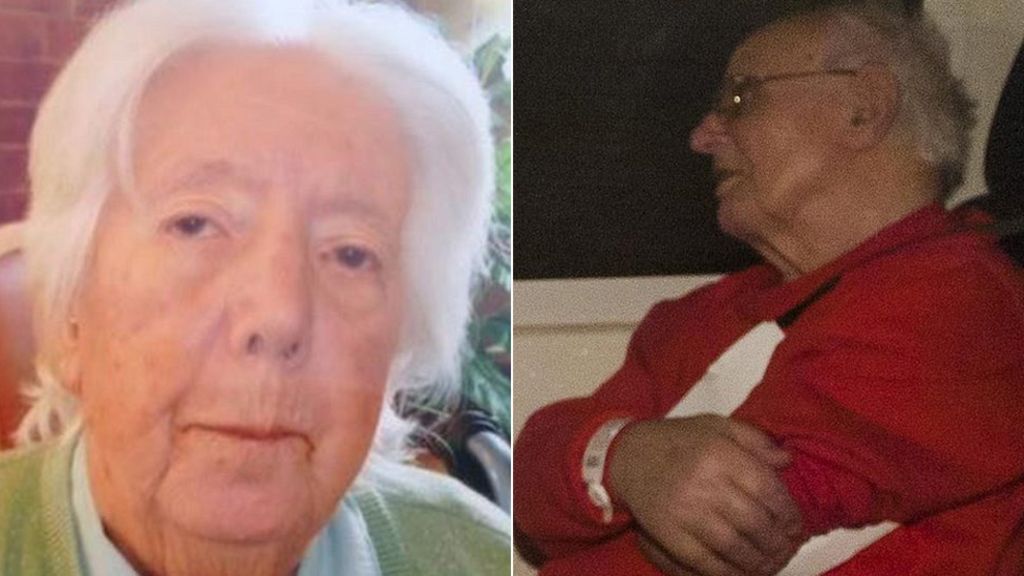Dementia is now the leading cause of death in England and Wales. How can we ensure we don’t suffer from it for longer than we wish?
Medically Assisted Suicide is one option chosen by a few. In the UK those choosing this option need to arrange appropriate help in Switzerland, as it is not legal here. This has to be done prior to the point where mental capacity has been lost. MDMD campaigns for this to be a legal possibility in the UK, avoiding the additional bureaucracy, journey, and expense at the end of life to obtain a good death.
Another option is to rely on an advance decision to refuse all treatment once a particular mental capability is lost. This is possible in UK. The option is discussed in an essay by Norman L. Cantor, Emeritus Professor of Law, Rutgers Law School. He has been widely published in legal and medical journals on the topic of the legal handling of dying medical patients. His areas of expertise include Advanced Directives and medical decision making for the mentally disabled.
The essay relates specifically to the law in the USA, but the issues it discusses are much more widely applicable – in particular the issue of whether those caring for a patient who is suffering from dementia but apparently not in distress, might decide that the patient may have changed their mind regarding their end of life care wishes, or may not be suffering sufficiently to refuse some simpler treatments. These questions are very difficult for carers and health care proxies, who may “play safe” by agreeing to life prolonging treatments such as antibiotics, perhaps accepting life-sustaining treatments, when alternative painkillers, without life-sustaining properties, might be more appropriate.
Prof Cantor includes his own Advance Directive which is very instructive on how one might make a clear statement of one’s wishes in this regard. In particular he explains the following:
- At what point in mental decline his decision applies – “..mental deterioration to a point when I can no longer read and understand written material such as a newspaper or financial records such as a checkbook.“
- Why he refuses treatment -“…intolerable indignity and degradation associated with cognitive dysfunction…“. But also to allow his loved ones to remember him “…as a vital, critically thinking individual…“. And “… to avoid being an emotional, physical, or financial burden on my family and friends, even if they would willingly assume such burdens.“
- He is clear to maintain his request “… even though I might appear content in my debilitated condition.“
- The scope of treatment being rejected is clear: “… rejection of any and all life-sustaining means. This includes simplistic medical interventions such as antibiotics, blood transfusions,…” In the UK, where preventative treatments such as flu jabs are given routinely to the elderly, someone with similar views might wish to explicitly reject these too.
- In addition to refusing artificial nutrition and hydration he clarifies his wishes regarding assisted feeding – “If I am indifferent or resistant to hand feeding, I do not want to be cajoled, harassed, or in any way impelled to eat or drink.“
- Finally he considers the possibility that people may think he has changed his mind: “The question may arise as to whether I have had a change of mind and revoked my advance directive. My wish is that no revocation be found unless I do so while still capable of a considered choice, …“
MDMD thank Prof Cantor for sharing his advance directive publicly – a document that is obviously based on careful informed consideration of the relevant issues. The issues he addresses are important to many of us. Although in the UK an Advance Decision can only be used to refuse medical treatment, an associated advance statement allows a wider description of a person’s views and end of life wishes.











Recent Comments